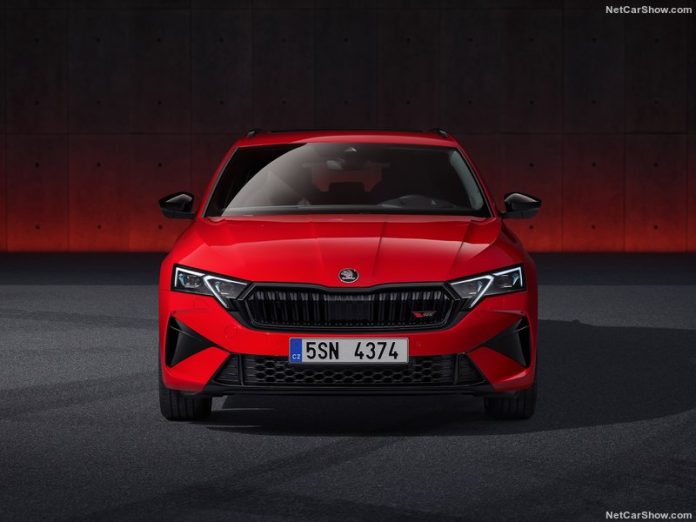Czech Republic Autos Sales rebound in 2024. October sales totaled 19,789 (+8.21%). YTD sales at 180,569 were up 2.02% from prior year. Volvo climbed 7 spots into the top 10 (+77.02%).
Market Trend and Outlook
Following a 0.3% contraction in 2023, real GDP in Czechia is forecast to grow by 1.2% in 2024 and 2.8% in 2025 as declining inflation helps restore purchasing power. A broad-based moderation in goods and energy inflation and high base effects are expected to bring headline inflation down to 2.5% in 2024 and 2.2% in 2025. The phase-out of measures to mitigate the impact of high energy prices and the government’s public finance consolidation package are set to lead to a decline in the budget deficit to 2.4% in 2024 and to 1.9% in 2025.
In line with the economic momentum, YTD sales up to October 2024 grew 2.02% in year-on-year volume, reaching 180,569 cumulative registrations. Monthly sales reported 19,789 new units sold (+8.21%).
Looking at cumulative data up to October 2024, brand-wise Skoda ranked 1st with 66,248 sales (-1.39%), posting a huge lead on the runner-up Hyundai, with only 17,368 registrations (+0.77%). Toyota -up 1 spot- in 3rd reported 12,911 sales (+3.80%) in front of Volkswagen -down 1 spot- with 9,845 sales (-27.11%) and Kia in 5th with 8,812 (-9.96%).
Dacia rose 1 spot into 6th with 7,285 sales (+15.95%), followed by Mercedes at 5,225 (-1.08%), BMW with 4,507 units sold (-7.38%), Volvo -up 7 spots- at 4,252 sales (+77.02%) and Peugeot with 4,072 registrations (+15.09%).
Looking at specific models, for which there is a dedicated article, Skoda held the top two best sellers: in 1st ranked the Skoda Octavia, despite a 7.2% decrease in year-on-year sales, followed by the Skoda Kodiaq up 19.07% and 3 spots in the rankings.
Medium-Term Market Trend
The Czech auto market from 2010 to 2017 presented an overall uptrend, reporting negative yearly variations only in 2012 (-3.5%) and 2013 (-9.0%). From 2014 to 2017 the market reached higher all time highs 4 years in a row, ending 2017 at a maximum of 266,753. In the following years the trend reversed, with 2018 resulting in a 2.4% loss and 2019 a -5.5% variation that would bring sales down to 246,033.
The arrival of the pandemic in 2020 caused the Czech car market to fall further, dropping 19% to 199,025 sales.
Following the Covid-19 crisis, in 2021 the market recovered 4%, just enough to get back above the 200k mark. The good news did’t last long, with sales falling 6.9% to 190,663 in 2022. A combination of factors are behind the current industry struggle: the disruption in the global supply chain caused by a lack of raw materials, in particular for the production of microchips and Governments push towards Evs, an expensive alternative for low income consumers. Despite, in 2023 the Czech Auto Market maintained steady growth, with total sales reaching 220,027 (+15.4%).
Tables with sales figures
In the tables below we report sales for all Brands, top 10 Manufacturers Group and top 10 models.











